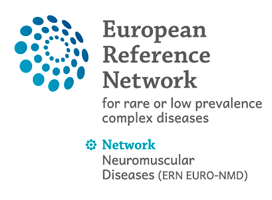10 Mar 2021
Returning individual clinical trial data back to participants
Authors:
Dr. L. Conklin, Dr. H. Peay, S. Gaglianone, S. Bakker, E. Vroom, Dr. E. Hoffman, C. Olsen

The white paper highlights the need for clinical trials to consider the return of patient study data directly to the families participating, allowing access to their clinical trial data without compromising the study, to provide an opportunity for participants to connect their clinical trial data with their clinical care information.
This white paper concludes that returning data promotes autonomy in patients and encourages future research participation with both clinical and individual relevance.
“Patients participate in a clinical trial to generate new knowledge to advance drug and technology development. During a clinical trial, data on individuals is collected to generate aggregated information to support the study objectives.” Says Dr. Conklin, Medical and Regulatory Director, ReveraGen BioPharma. “Often, this individual patient data will not be returned to the participants, even when this is requested.”
In the white paper, Dr. Conklin and Dr. Peay address the ethical and technical challenges of returning meaningful clinical trial results. They propose a framework that ensures independent data return without compromising patient anonymity and study integrity.
The challenges highlighted in this white paper are:
1. Ethical implications in returning clinical data
2. Assessment of meaningful research results
3. Understanding research results
4. Barriers in data integrity and sharing
These challenges were investigated by ReveraGen Biopharma, the drug sponsor/developer in the VISIONDMD clinical trial programme for the innovative new steroid-like drug vamorolone in boys with Duchenne Muscular Dystrophy. Following conversations with patient families during the vamorolone studies, the ReveraGen team developed an approach to provide patient study data directly to participant families,allowing them to share and connect their clinical trial data with their clinical care information. This approach received funding through a grant from the U.S. National Institutes of Health Bioethics, led by Dr. Laurie Conklin and Dr. Eric Hoffman.

